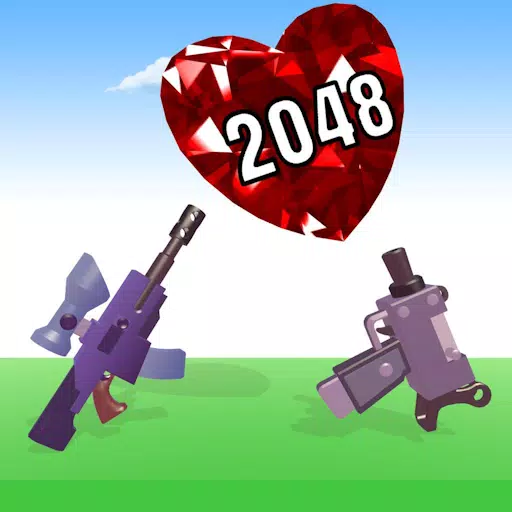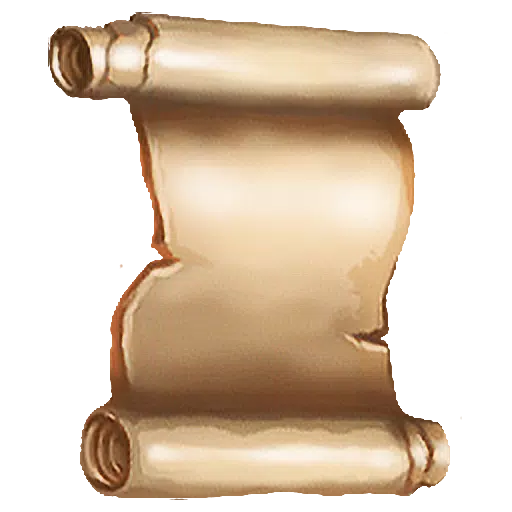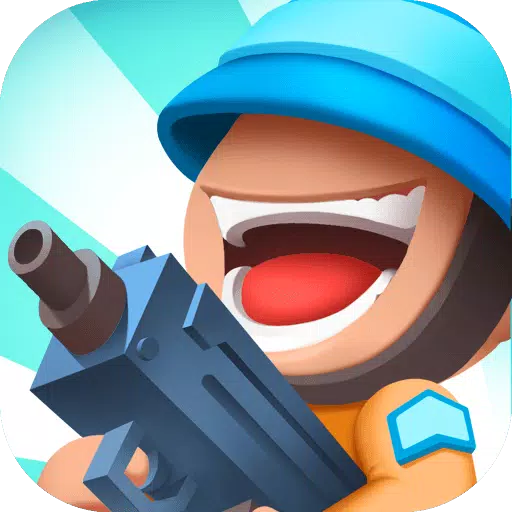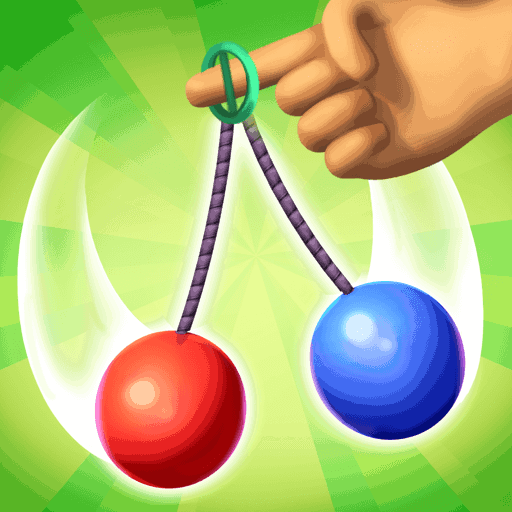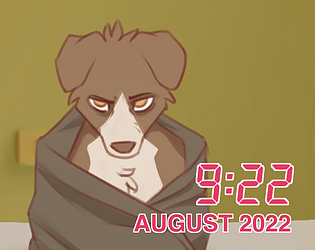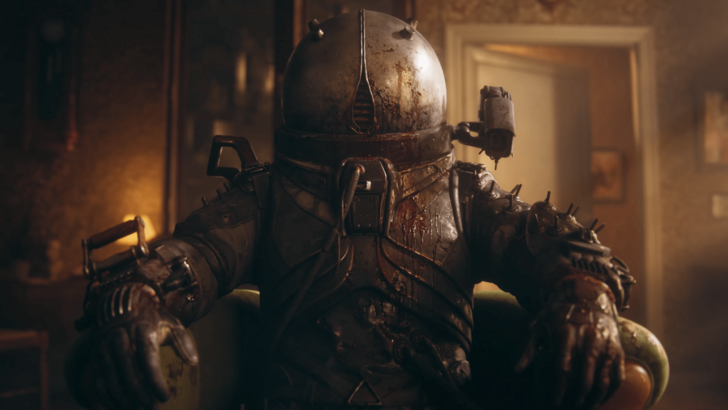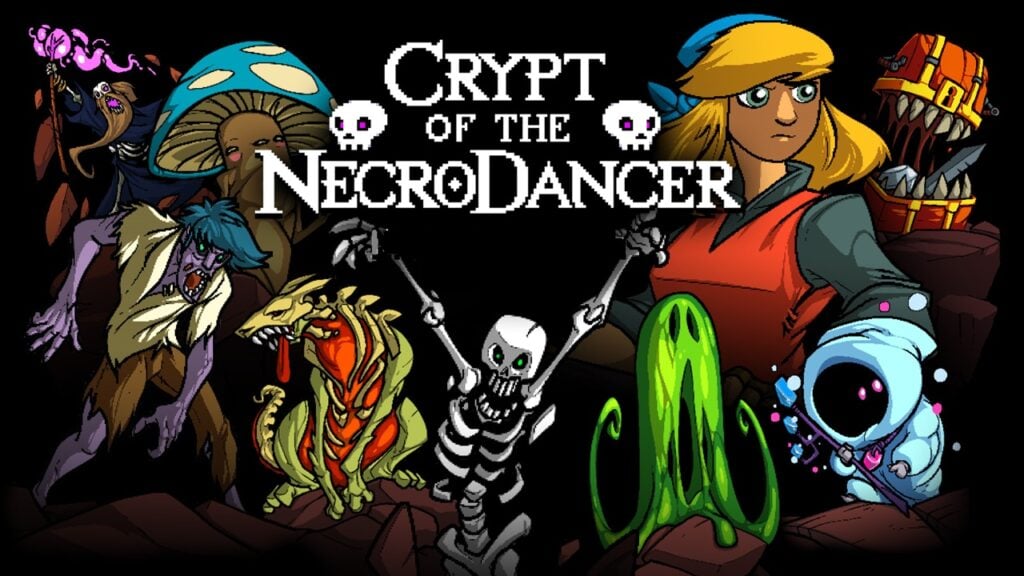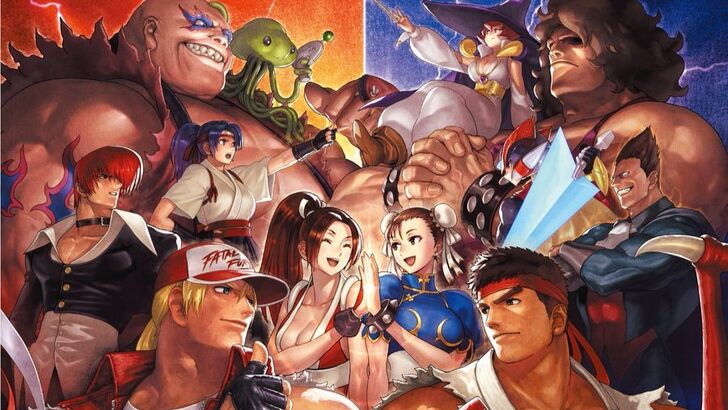
SVC Chaos was announced to have a re-release over the weekend and is now available on selected consoles. Read on to explore the game's updates, SNK's historical journey, and learn about future possibilities for Capcom fighting games collaboration.
SNK And Capcom Revives SVC ChaosSVC Chaos Brings Modern Enhancements on New Platforms
During the world's largest arcade tournament, EVO 2024, SNK made an electrifying announcement that had fighting game enthusiasts buzzing with excitement. Over the weekend, SNK revealed the triumphant return of the beloved crossover fighting game, SNK VS Capcom: SVC Chaos. This announcement was further amplified by a post on Twitter (X), confirming that the game is now available on Steam, Switch, and PlayStation 4. Unfortunately, fans of Xbox will have to sit this one out as the game won't be released on Microsoft's consoles.
The re-released SNK VS Capcom: SVC Chaos boasts an impressive roster of 36 characters spanning iconic series from both SNK and Capcom. Players can look forward to controlling familiar faces such as Terry and Mai from Fatal Fury, Mars People from METAL SLUG, and Tessa from Red Earth. On the Capcom side, legendary fighters like Ryu and Ken from Street Fighter take the stage. This star-studded lineup ensures a dream match of epic proportions, blending nostalgic charm with modern enhancements.
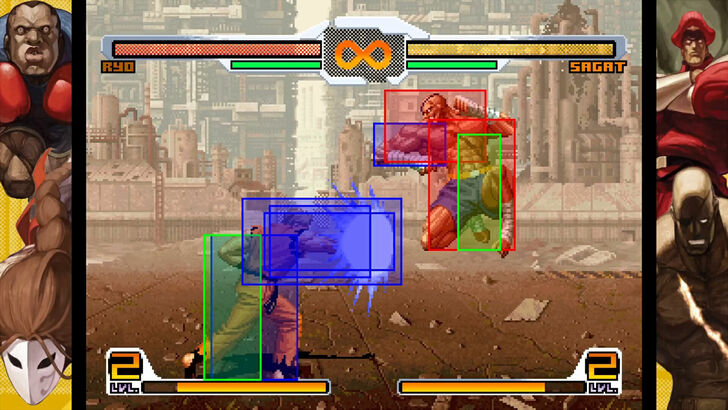
According to the game's Steam page, SVC Chaos has been revitalized with brand-new rollback netcode, enabling smooth and competitive online play. The addition of tournament modes, including single elimination, double elimination, and round-robin formats, further enhances the multiplayer experience. Fans can also enjoy a hitbox viewer for a detailed look at each character's collision areas and a gallery mode featuring 89 pieces of artwork, ranging from key art to character portraits.
SVC Chaos’s Journey From Arcade Hit to Modern Re-Release
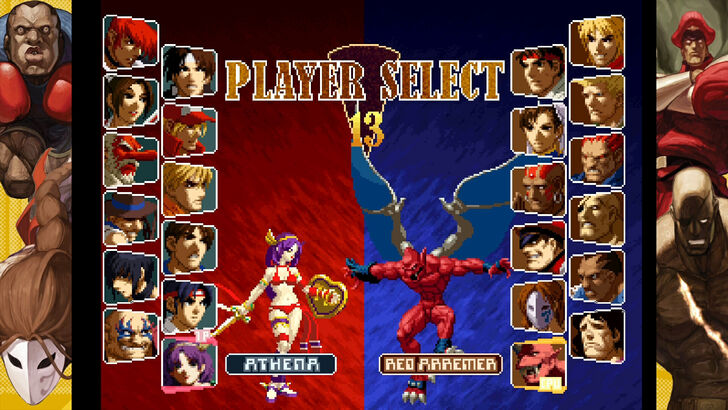
The return of SVC Chaos marks a significant moment in the history of crossover fighting games, particularly because it has been over two decades since its original release in 2003. The game's prolonged absence can be attributed to several challenges faced by SNK. In the early 2000s, SNK filed for bankruptcy and was subsequently acquired by the Pachinko company Aruze. This transition, coupled with SNK's struggle to successfully migrate from arcade cabinets to home consoles, resulted in a lengthy hiatus for the series.
Despite these hurdles, the passionate fanbase of SVC Chaos never wavered. The game's unique blend of characters and fast-paced gameplay left an indelible mark on the fighting game community. The re-release serves as both a celebration of its legacy and a nod to the enduring love fans have for the series. By making the game accessible on modern platforms, SNK has opened the door for a new generation of players to experience the classic clashes between SNK and Capcom legends.
Capcom’s Vision for Crossover Fighting Games
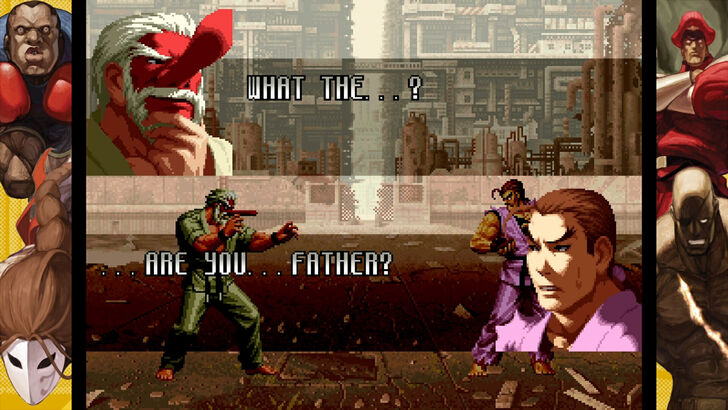
In an exclusive interview with Dexerto last Saturday, Shuhei Matsumoto, producer of Street Fighter 6 and the Marvel vs Capcom Fighting Collection, shed light on Capcom's aspirations for the future of crossover fighting games. Matsumoto expressed the development team's dreams of potentially creating a new Marvel vs Capcom game or a new Capcom-based SNK game. However, he emphasized that such projects would require considerable time and effort to bring to fruition.
Matsumoto elaborated on the immediate goals of Capcom, stating, What we can do now is at least reintroduce these past legacy games to a new audience, to people who may not have had the opportunity to play them on modern platforms. He highlighted the importance of familiarizing players with these classic series, paving the way for potential future developments.
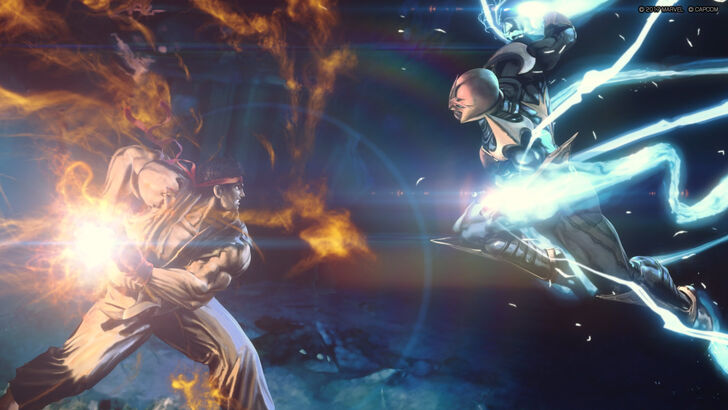
Regarding the re-release of past Capcom-developed Marvel titles, Matsumoto shared that the team had been in discussions with Marvel for years. The timing and alignment of interests finally made it possible to bring these games back to life. Matsumoto noted that Marvel's awareness of community-driven tournaments, such as those at EVO, played a crucial role in rekindling interest in the series. The enthusiasm from both fans and developers has set the stage for these legacy games to shine once more on contemporary platforms.
 Home
Home  Navigation
Navigation






 Latest Articles
Latest Articles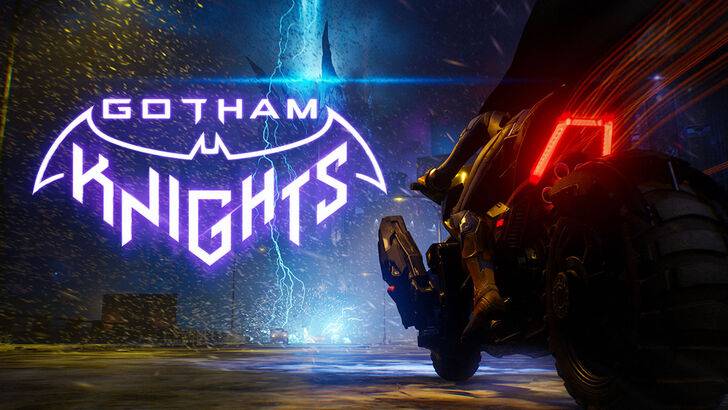
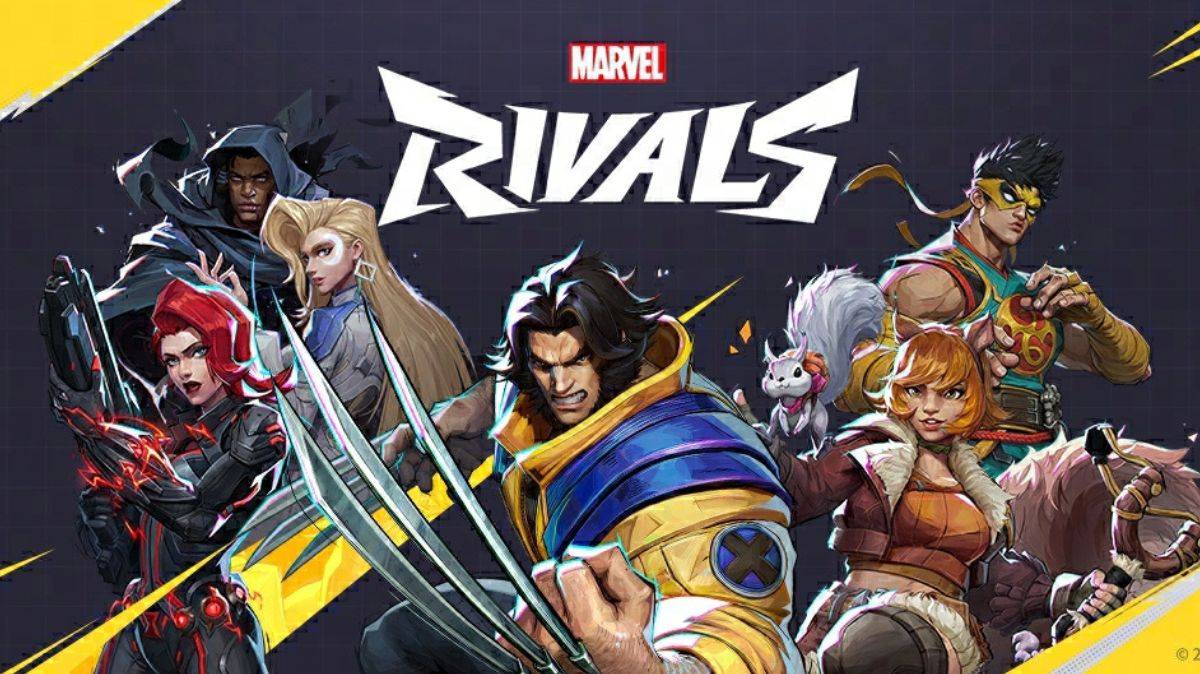
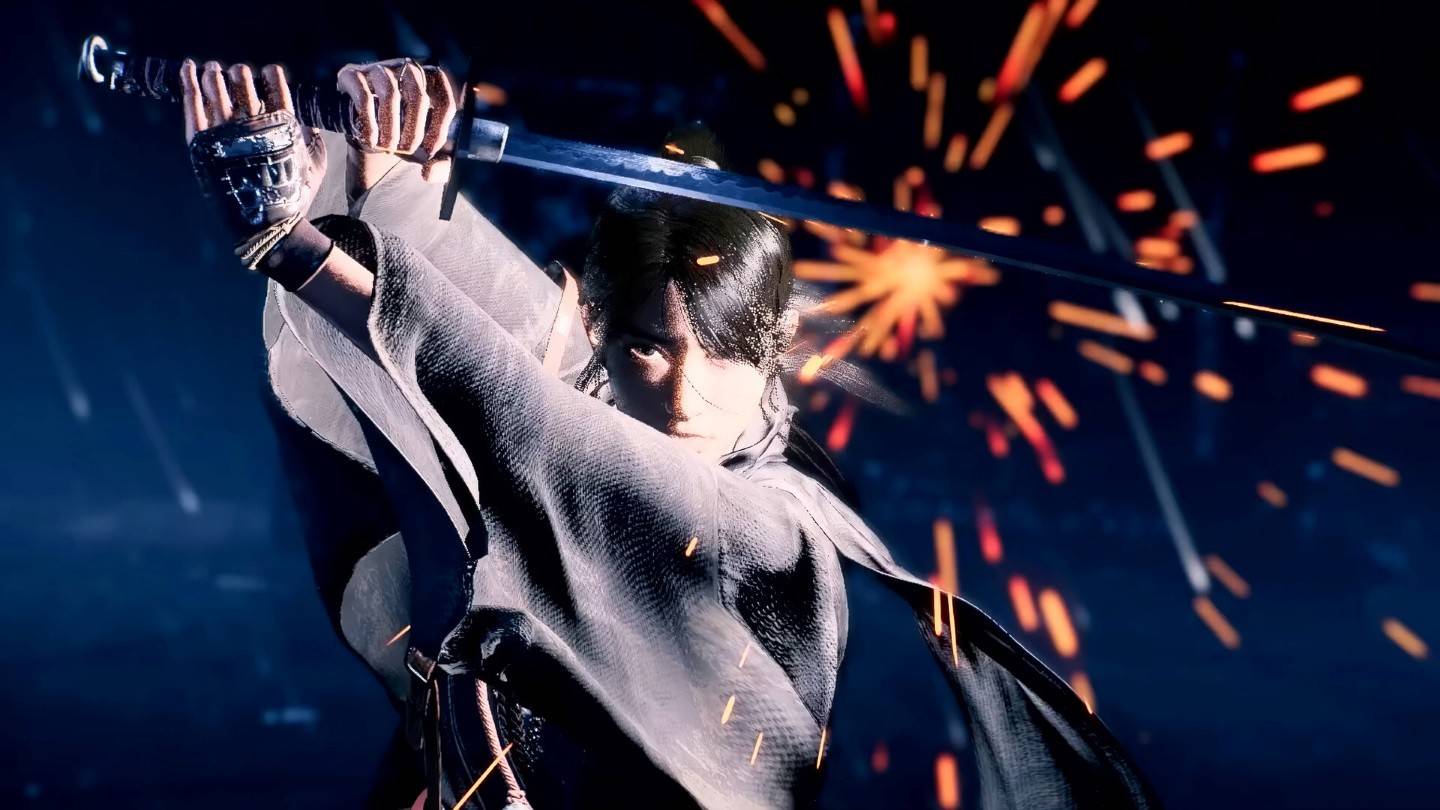




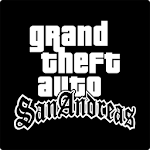
 Latest Games
Latest Games
